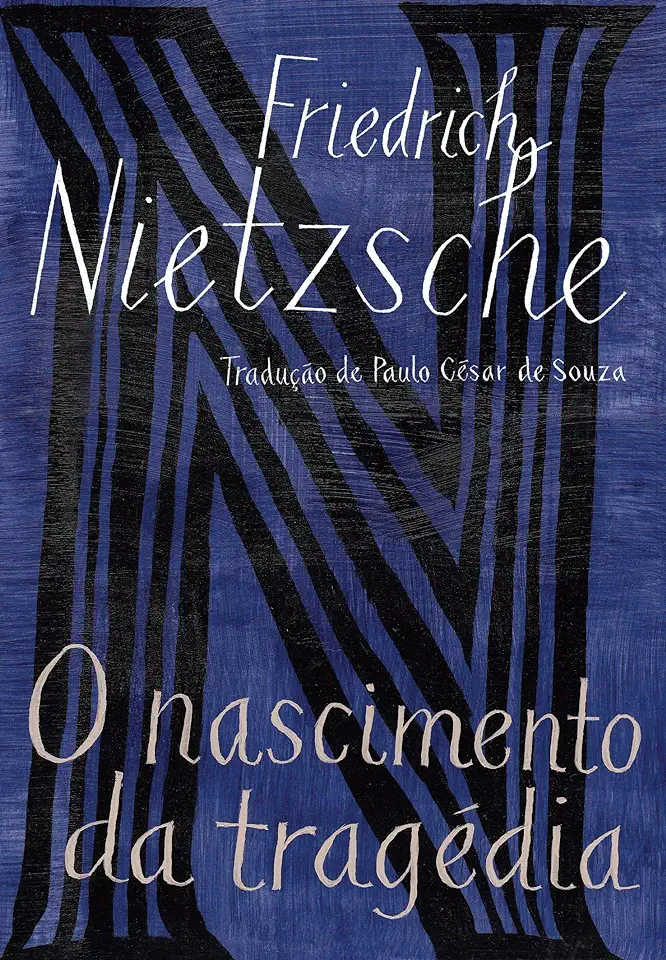
The Birth of Tragedy - Friedrich Nietzsche
The Birth of Tragedy: A Masterpiece of Philosophy and Cultural Criticism
Friedrich Nietzsche's seminal work, The Birth of Tragedy, is a profound exploration of the origins and significance of Greek tragedy, offering a unique perspective on the relationship between art, culture, and human existence. Published in 1872, this philosophical masterpiece has captivated readers for generations with its provocative ideas, lyrical prose, and profound insights into the human condition.
Unveiling the Dionysian and Apollonian Forces
At the heart of Nietzsche's argument lies the dichotomy between two fundamental artistic impulses: the Dionysian and the Apollonian. The Dionysian represents the untamed, ecstatic, and irrational forces of nature, while the Apollonian embodies order, reason, and clarity. Nietzsche argues that Greek tragedy achieved its highest form when these two forces were harmoniously balanced, creating an art form that simultaneously evoked both exhilaration and contemplation.
The Birth of Tragedy and the Death of God
Nietzsche's analysis of Greek tragedy extends beyond aesthetics, delving into the cultural and philosophical implications of this art form. He posits that the decline of tragedy coincided with the rise of Socratic rationalism and the Christian worldview, which suppressed the Dionysian spirit in favor of Apollonian order. This shift, Nietzsche argues, led to a profound loss of vitality and creativity in Western culture.
The Eternal Recurrence and the Will to Power
The Birth of Tragedy also introduces two of Nietzsche's most influential philosophical concepts: the eternal recurrence and the will to power. The eternal recurrence posits that the universe is cyclical, with all events repeating themselves endlessly. This concept challenges conventional notions of time and progress, urging individuals to embrace the present moment and affirm life in all its aspects. The will to power, on the other hand, refers to the fundamental drive that propels all human actions and desires. Nietzsche argues that this striving for power is not inherently negative but rather a creative force that can be channeled for self-overcoming and personal growth.
A Profound and Provocative Masterpiece
The Birth of Tragedy is a challenging and thought-provoking work that has had a profound impact on Western philosophy, literature, and art. Nietzsche's unique insights into the nature of art, the human condition, and the trajectory of Western culture continue to resonate with readers today, making this book a must-read for anyone interested in exploring the depths of human existence and the transformative power of art.
Why You Should Read The Birth of Tragedy
If you are seeking a book that will challenge your assumptions, expand your horizons, and inspire you to think deeply about the nature of art, culture, and human existence, then The Birth of Tragedy is an essential read. Nietzsche's lyrical prose, provocative ideas, and profound insights will leave a lasting impression on your mind and soul.
Purchase Your Copy Today
Don't miss out on the opportunity to delve into this philosophical masterpiece. Order your copy of The Birth of Tragedy today and embark on a transformative journey of intellectual exploration and personal growth.
Enjoyed the summary? Discover all the details and take your reading to the next level — [click here to view the book on Amazon!]